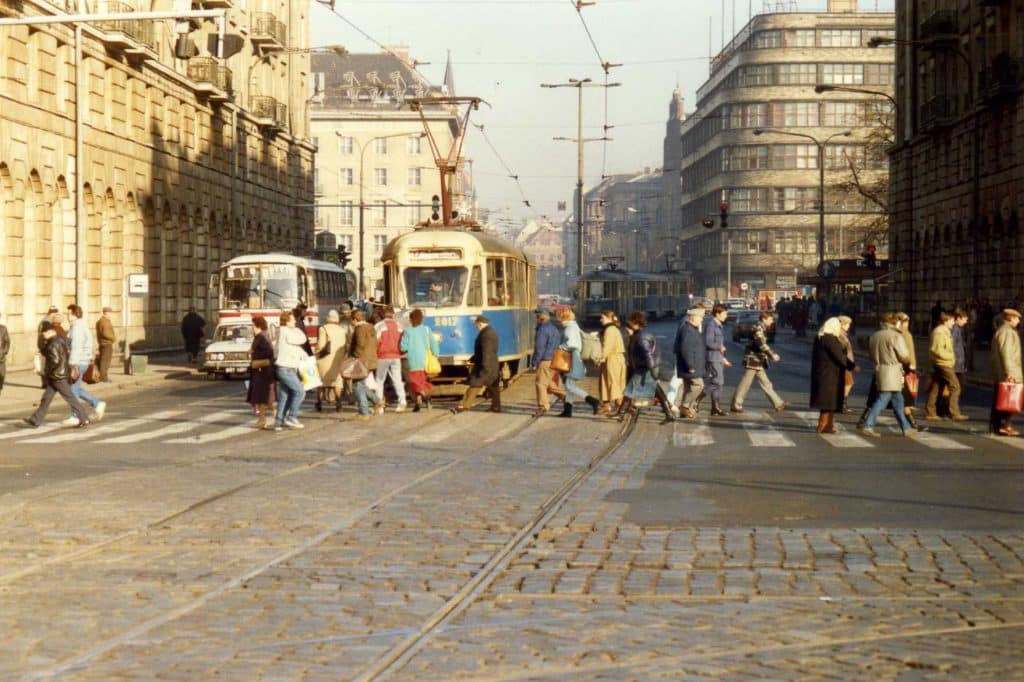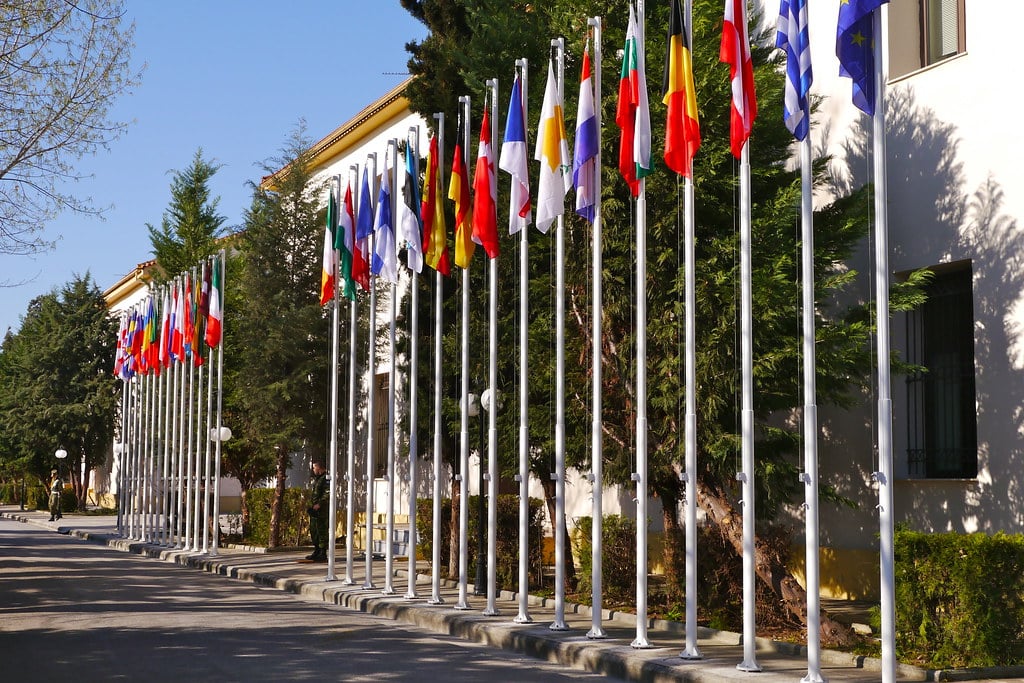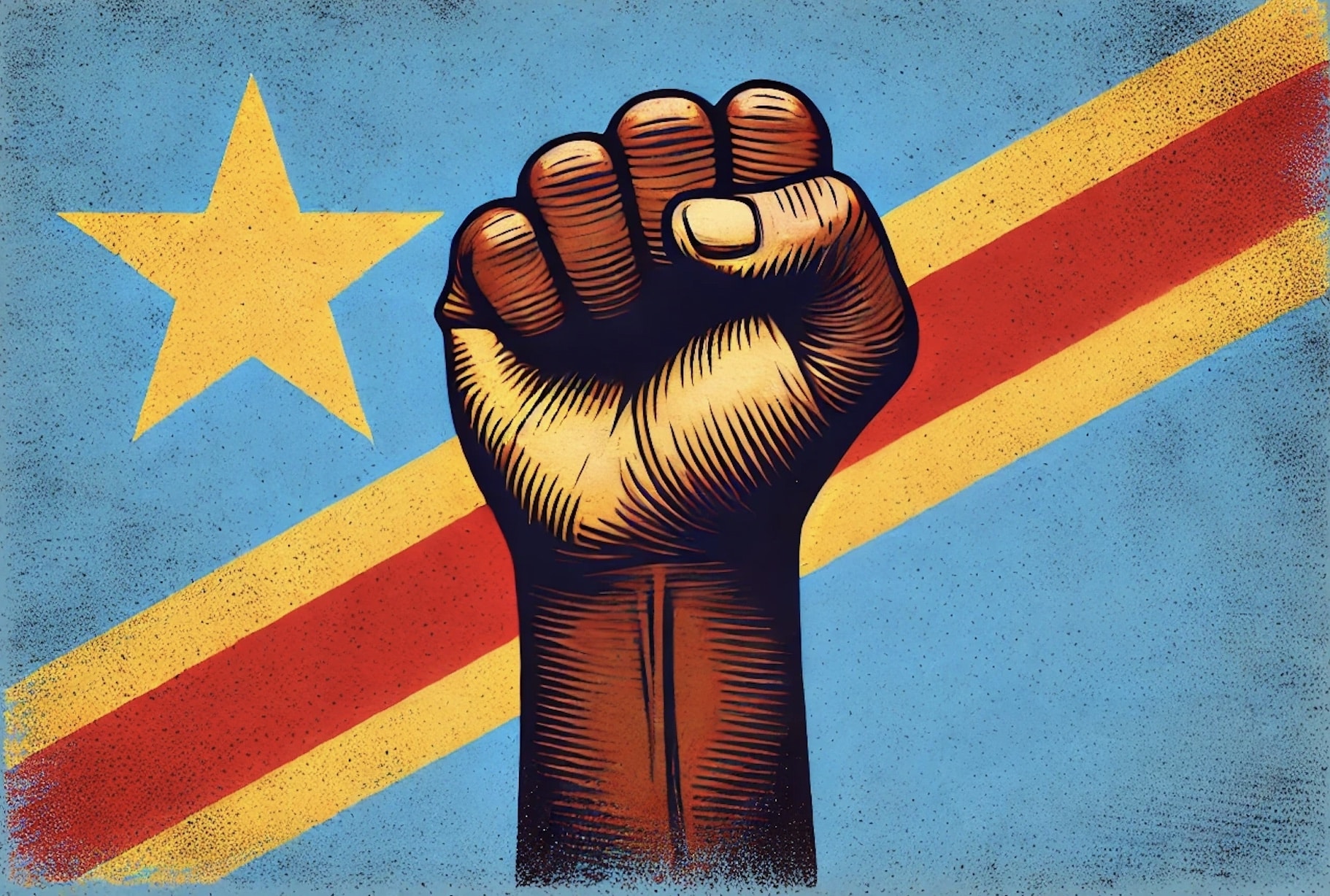By Hannes Swoboda and Jan Marinus Wiersma
The autumn of this year offers a sad picture of Britain struggling with Brexit, Trump, Putin and Erdogan playing a cynical game with the Kurds in Syria and of the EU divided over the future of the enlargement process.
How different it was during the same period in 1989 when one communist regime after another collapsed and a European Community of twelve members was preparing for a leap forward after the planned completion of the Single Market. The European Commission was led by Jacques Delors, the French social democrat.
We witnessed a surge of optimism resulting in the Treaty of Maastricht, the accessions of Austria, Sweden and Finland and the 1993 start of the process of accession of the former communist countries from Central and Eastern Europe, Bulgaria and Romania. They acceded eventually in 2004 and 2007.
Now we experience sometimes a surge of regret when being confronted with the derailing of the rule of law in some new member states and the nationalist and partly xenophobic attacks on liberal democracy – Poland, Hungary, but also issues in Slovakia and Romania.
November 1989 was undoubtedly a crucial year for the development of a common, united Europe. The collapse of the communist block created an immense opportunity for Europe to grow together as Willy Brandt formulated it and thereby give it a much stronger global status. But did Europe – since 1992 the European Union – meet these expectations? One gets the impression this is not the case when confronted with the present blame game in which older western members of the EU depict the 2004 big bang enlargement as the cause of the difficulties that the EU had and has to deal with such as the rejection of the Constitutional Treaty in 2005 or Brexit. In the new member states one can hear complaints about the too liberal economic policies of Brussel and the way in which western companies have taken over part of their economies in almost ‘neocolonial ‘ style to the detriment of basic social needs of the population.
Witness and participant
As former – leading – members of the EU Parliament, who were both witnesses of, participants in and supporters of the process of expanding the EU to the East, we ask ourselves what went wrong.
In the nineties of the last century we were convinced that the accession criteria of Copenhagen would do the job and deliver well prepared new member states. We could not foresee that the elites of the candidate countries introduced market models that were more radical than the social market economy that was commonplace in North / West Europe. But it happened at a moment that also prominent social democrats were questioning the effectiveness of government intervention and were putting more emphasis on the supply side of economies. The result was more or less that following the Washington Consensus was the only game in town. There was hardly any space – nor the capital – for more left wing solutions. We were concerned then about the social fall out of the EU accession process since the EU acquis in this area was – and unfortunately still is – underdeveloped. During the early years we were hopeful that the convergence of the EU economies would close substantially the income gap thereby avoiding disturbances of EU’s labour markets.
Economy and demography
One cannot deny that accepting the market model eventually led to higher growth figures, after accession further increased by EU subsidies and remittances of nationals that had emigrated to richer parts of the EU. Because, despite higher growth income convergence was slow which caused and – and still does so – rather massive labour migration.
Let us look at some facts before making furthers assessments. There was and is a catching up process of the new member states in economic terms – measured in GDP and GDP per capita. Especially between 2000 and 2018 we can see that progress clearly: the GDP per capita of the these countries grew from 45% to 70% of the EU average. These figures however tell us nothing about how this new wealth is being distributed. Overall inequality seems to have grown.
Population growth or better the lack of it is a big issue which has become even more pronounced after the CEE countries joined the common labour market of the EU. It is not a positive picture which has already instigated ‘countermeasures’ of some countries like increasing child support benefits.
What concerns us of course is the social impact of EU accession. Whereas the population of the EU overall grew from 487 Million in 2000 to over 512 million, the population of the EU-CEE countries decreased from around 108 million to 103 million. Remarkable was the decline in Romania and Bulgaria, but also in Hungary and Latvia. It is obvious that during the period many left to find a job in the western part of the EU.
One very negative effect of labour emigration is the rapid decline of public services – from health to education – in areas mostly affected by emigration of qualified citizens. Whereas emigration usually has a positive financial effect on GDP due to remittances, the social consequences at the local level should not be underestimated. Ivan Krastev and Stephen Holmes write in their contribution, “Explaining Eastern Europe: Imitation and Its Discontents”, even of a “demographic collapse- resulting from aging population, low birth rates and massive outmigration”. Some suggest that attracting labour from outside the EU can compensate for the population decline. In fact this has already happened to a certain extent with an influx of workers in some CEE countries from Ukraine, Moldova or the Western Balkans. That these workers accept very low wages causes the same resentment as we can witness in West European countries. The suggestion that economic migrants and refugees from outside Europe could help solve the demographic deficit, is anathema to most. Whether we like it or not demands to accept more refugees with the argument they would compensate for the drain of qualified labour fall on deaf ears. So this will not be the remedy. Insisting on it only gives ammunition to the populists.
Timothy Garton Ash in his essay “Time for a New Liberation” puts the emigration at the center of his critical analysis. “The individual gain of freedom creates the collective problem of emigration”, he writes, the real divide in the new member states is “between those who have managed to adapt to the new reality, and are coping, and those who don’t understand it and feel themselves pushed away, rejected by the market economy and democracy.” The emigrants are typically those who could adapt and those left behind are feeling neglected.
Problems of imitation
For Timothy Garton Ash as for Ivan Krastev and Stephen Holmes the main cause of this problematic situation is the implementation of a simplistic concept of economic liberalism without due regard to the cultural and social aspects of the transformation in the countries of Central and Eastern Europe. The Hungarian economist Attila Agh has made this issue a central one in his work. He speaks in his book “Declining Democracy in Eastern-Central Europe” of a “massive neo-liberal pressure for rapid privatization in the socio-economic transformations, which unleashed a deepening socio-economic polarization. Similarly, the introduction of liberal democracy in the legal-political system was mostly reduced to the formation of big legal institutions, neglecting the formation of participatory society…”. Attila Agh missed “ a region specific road map of Europeanization and democratization” which led to the so-called Western fallacy”, according to which a blind and uncritical following of the Western development model would lead to quick success.
Krastev and Holmes also point to the ill-considered imitation of the West. Quote: “The process was called by different names – democratization, liberalization, enlargement, convergence, integration, Europeanization – but the goal pursued by the post-communist reformers was simple. They wished their countries to become “normal”, which meant like the West. This involved importing liberal-democratic institutions, applying Western political and economic recipes, and publicly endorsing Western values. Imitation was widely understood to be the shortest pathway to freedom and prosperity.”
This 100% and rather ideological belief in the market model collided with demands we as – social democratic – MEPs put forward in the European Parliament for a less radical and more socially oriented approach . We were accused by colleagues from new member states of only wanting to preserve our advantages. After having experienced for decennia sclerotic and bureaucratic systems without real consumer choice and individual freedoms, they were skeptic about new regulations and limitations of the free market. One has to admit that such attitude matched perfectly with the dominant liberal trends in the EU. Major social democratic governments shared basically that philosophy. If accession would have taken place twenty years earlier the role of the welfare state and a social market economy would have played a much stronger role in imitation the Western model. But Keynes was already dead.
Western recipes and unequal outcomes
Since such acceptance of Western recipes had very unequal outcomes, a backlash was unavoidable. It caused a sort of counterrevolution especially in Hungary and Poland. The frustration of many about the lack of personal gain from EU accession and the democratic process, resulted in electoral support of the illiberal concept of democracy and authoritarian leadership. In the new normal of the Orbans there is littles room for secularism, tolerance and transparency.
Instead they promote Christian values, the traditional family and homogeneous societies. They present these old values as the new ones to be respected by the whole of the EU. They ally themselves with populist, right wing forces in the ‘old’ Europe. Leaving the EU is not an option for them, changing it is.
No isolated process
What happens in CEE is not an isolated process. The ‘old’ Europe is not immune to nationalism and populism that partly has the same economic and cultural causes as important parts of the electoral feel unprotected against the globalized markets and also fear for their identity being suppressed. Fortunately, since the rule of law and democratic tradition are firmly established, so far real damage to the democratic system in the older part of the EU has not occurred. But continuous neglect of the need to balance income and wealth, ignoring the negative impact of demographic deficit and the sense of cultural loss, could have that consequence.
Democracy and rule of law
The leaders of Hungary and Poland are not a new elite. They were already around in 1989. Here a second factor has to be considered. Imitation of the Western economic model was damaging, but the imitation of our democratic model turned out to be not more than that in a number of cases: not internalized and home grown. We believed that after communism liberal democracy would flourish supported by self-critical elites and vibrant civil societies. We ignored however early signs of low participation and vulnerable party systems which lacked the strength of more mature democracies with their informal habits and traditions. Since basic institutional rules were respected, there was not much the EU could do. As only violation of EU laws(!) could be sanctioned, that lack of strong counter measures helped lay the groundwork for the attack on important European values in some new Member States. Even the longer term formal monitoring of developments in Romania and Bulgaria as agreed at the EU accession of these countries could not change much. So it was possible, that democracy could become an elitist project vulnerable to populist attack.
A balance
In the end we see three main challenges for the EU as a whole. First of all, ‘the Europe that protects’ will have to become more than just an ambition. Reform of the European semester model is urgent with the incorporation of effective and legally binding social standards. The EU would thus give the signal that its monetary and budget policies need to corrected to allow for more solidarity between and within countries. Reform of the internal market should ensure a bigger role for member states to intervene in the markets to create a more just and social society.
People should feel at home in ‘their’ EU. This implies diversity, respect for national traditions, acceptance of multiple identities but also a common base of values. These are however not a given.
Democracy and rule of law are not just outcomes of economic and cultural processes. They have an intrinsic value. They interact with these processes and deserve to be protected as such.
Guarding these three areas and their interaction will help bring forward the kind of solidarity and public support that is needed to let Europe tackle immense problems such as climate change and migration.
The Future of Enlargement: Lessons Learned
This story started with 1989 and we assessed the state of the enlarged Union thirty years later. But the EU accession continues albeit in a slow pace. Both of us voted in April 2002 in favour of the accessions of 2004 and we accepted that Bulgaria and Romania would join in 2007. We were even optimistic about the chances to bring Turkey closer.
With hindsight we have to acknowledge it was all a big experiment with some unexpected outcomes. We have to accept, that it was more difficult than we had thought for the Copenhagen criteria to have the proper impact of deep reform and change of mentality.
We do not regret our vote for the EU enlargements of 2004, 2007 and 2013. Europe would have been worse off without it, one divide replaced by another. We support wholeheartedly the European perspective of the Western Balkans. But we have to learn from the deficiencies of the last integration processes.
One important step would be to link the question of how to reach democratic maturity to the social dimension of the transformation and transition processes. Improvements of the way in which we test and develop the first should be coupled with investments in social capital, partly financed by opening the cohesions funds to candidate countries.
Since the EU – and especially the Eurozone – is reconsidering – and partly regretting – its economic and monetary policies, new elements could easily be added to the accession process. Not only in the economy, but also more in general promoting ownership and homegrown solutions. Brussels is not the key. It should not be an alibi or the core of a blame game. We are convinced that the process of enlargement should continue because in the end it will be the only way to offer better perspectives to the young generation whose only hope is a future within the EU. The sad alternative is to pack their bags and go.
Jan Marinus Wiersma is a former member of the European Parliament (1994-2009) from the Netherlands. Hannes Swoboda is a former MEP from Austria (1996-2014). Both were actively engaged in the European Parliament’s decision-making on enlargement of the EU.





